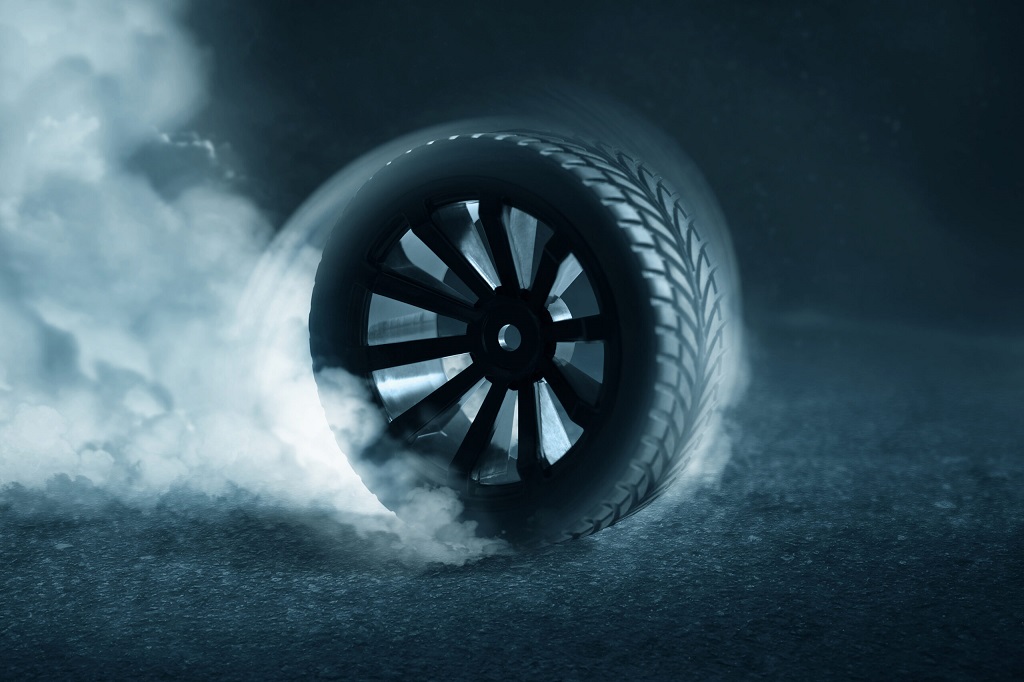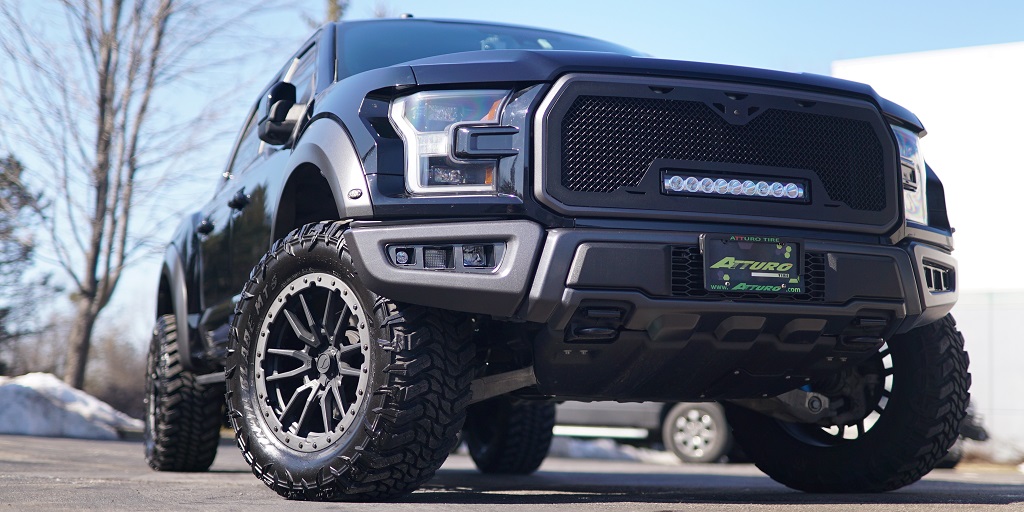When it comes to improving your car’s performance, you might think about upgrading the engine or tweaking the suspension. However, one often-overlooked factor that can significantly impact your car’s performance is the size of its wheels. In this article, we will explore how wheel size affects car performance, providing you with valuable insights to make informed decisions about your vehicle.
The Basics: Understanding Wheel Size
Before diving into the impact of wheel size on performance, let’s first understand what wheel size entails. In simple terms, wheel size refers to the diameter of your car’s wheels, typically measured in inches. It’s a critical aspect of your vehicle’s design and can vary significantly between different makes and models.
How to Measure Wheel Size
To measure wheel size accurately, follow these steps:
- Locate the Rim: The rim is the outer edge of the wheel, and you should measure it from one end to the other.
- Diameter Measurement: Using a tape measure or ruler, measure the distance from the center of the wheel to the outer edge of the rim. This measurement represents your wheel’s diameter.
Now that you understand how to measure wheel size let’s delve into how it affects your car’s performance.
The Impact of Wheel Size on Car Performance
1. Handling and Maneuverability
The size of your car’s wheels plays a crucial role in its handling and maneuverability. Larger wheels provide better stability at higher speeds, making your vehicle feel more secure on the road. This is especially important in sports cars performance-oriented vehicles.
On the other hand, smaller wheels offer more responsive steering, making it easier to navigate tight corners and parking lots. However, they may not provide the same level of stability at high speeds.
2. Ride Comfort
Wheel size also affects your car’s ride comfort. Larger wheels have more rubber on the tire sidewalls, which can absorb road imperfections and provide a smoother ride. Smaller wheels, with less rubber, may transmit more road vibrations to the cabin, resulting in a bumpier experience.
3. Acceleration and Fuel Efficiency
When it comes to acceleration and fuel efficiency, wheel size can have a significant impact. Smaller wheels are lighter, which means your car has less rotational mass to overcome during acceleration. This can result in quicker 0-60 mph times and improved fuel economy.
Conversely, larger wheels are heavier and may require more energy to get your car moving. This can lead to slower acceleration and reduced fuel efficiency.
4. Braking Performance
Braking performance is another area where wheel size comes into play. Larger wheels often accommodate larger brake components, improving stopping power and reducing brake fade during heavy use. This is essential for high-performance vehicles that demand precise braking.
Smaller wheels may not have the same braking capabilities, which can lead to longer stopping distances and decreased overall safety.
The Right Wheel Size for Your Car
Choosing the right wheel size for your car ultimately depends on your driving preferences and the type of vehicle you own. If you prioritize performance and stability, larger wheels may be the way to go. On the other hand, if you’re looking for nimble handling and a comfortable ride, smaller wheels could be the better choice.
Conclusion
Wheel size is a crucial factor that can significantly affect your car’s performance. It impacts handling, ride comfort, acceleration, fuel efficiency, and braking performance. To optimize your vehicle’s performance, carefully consider the right wheel size for your driving needs and preferences.
FAQs
- Does changing the wheel size void my car’s warranty?
No, changing the wheel size typically does not void your car’s warranty. However, any related damage or issues caused by the wheel change may not be covered.
- Can I mix and match wheel sizes on my car?
It’s not recommended to mix and match wheel sizes on the same car. It can disrupt the vehicle’s balance and handling, leading to safety issues.
- Are aftermarket wheels better than stock wheels?
Aftermarket wheels can offer performance and aesthetic advantages, but they may not always be better than stock wheels. It depends on your specific needs and the quality of the aftermarket wheels.
- How often should I check my tire pressure with different wheel sizes?
You should check your tire pressure regularly, regardless of your wheel size. It’s essential for maintaining proper tire performance and safety.
- Can I downsize my wheels for winter tires?
Yes, downsizing your wheels for winter tires can improve traction and handling in snowy conditions. Consult your vehicle’s manufacturer for recommended sizes.







